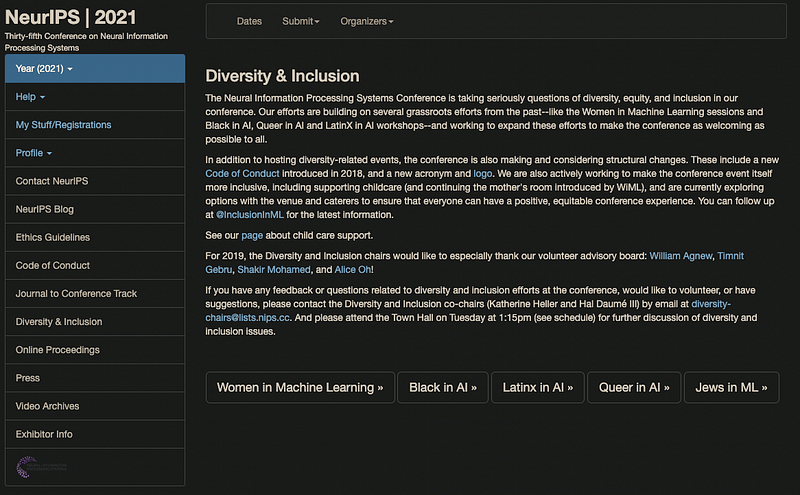Managing Your Research on GitHub

I am an independent researcher in machine learning. In this article, I will provide the idea of managing research on GitHub. I welcome your comments and suggestions on this thought.
Introduction
Many researchers are willing to share their knowledge and collaborate with other researchers. I believe that by making it easier for researchers to share knowledge and contribute to the others’ research, we can accelerate knowledge production.
One idea to make this possible is to manage research on GitHub. I know that experimental code is published on GitHub in some research community. On the other hand, I propose to manage all intermediate outputs of the research process on GitHub, from the determination of the research topic to the post-publication paper. Literally, all intermediate products, including information about how researchers found the literature, what they thought, what initial experiments they did, etc.
I believe there are several advantages to managing your research on GitHub. I will explain them one by one below.
1. GitHub clarifies contributors
The first advantage is that managing research on GitHub clarifies who contributed and how. Suppose that all discussions and revisions of the manuscript are on GitHub. Then, the commit history can be traced to show who contributed to what part of the research process at a glance. Even if the authors’ names are not listed in the paper, the history on GitHub makes it clear to everyone the appropriate allocation of credit for the research.
This might, for example, eliminate the gift-authorship problems. Or it may solve the problem of how to order author names in a collaborative research project. It may also address the plagiarism issue. This is because these are the problems that one’s contribution is not recognized in the publication. I believe visualizing the contributions in the research process alleviates these problems.
2. GitHub allows for finer contributions
The second advantage is that on a more granular basis you can publish research results and contribute to research. For example, someone good at statistical analysis may be able to commit only to the statistical analysis part. Or someone good at writing may contribute to the paper writing. Also, citing a commit hash might make it possible to refer to specific ideas, results of experiments, problem formulation, etc. I believe this would allow researchers to utilize multiple talents more effectively in their research.
3. GitHub improves reproducibility
The third advantage is that it may lead to better reproducibility of research. Here, I will talk about machine learning, my field of expertise. As mentioned above, machine learning researchers publish their code on GitHub. However, information about the research process, such as “when it didn’t work” and “what hyperparameters were important,” is lost in the final repositories.
If you use the same settings as in the repository, there is no problem. However, if you change the code for your experiments, it sometimes does not work well. This means you should repeat the same process of searching for conditions the original proposer probably went through. In addition, many heuristics are not described or emphasized in the paper. I suspect this is due to the current pressure in the machine learning community to publish positive results to get into good international conferences. Publishing all intermediate thoughts and outputs of the research process would allow researchers to avoid making the same mistake twice.
In addition, logging research process may contribute to reducing questionable research practices. For example, it might be possible to reduce the number of HarKing by making it possible to compare the time stamp when the hypothesis was determined with the time stamp when the experimental results were obtained. I believe that these attempt could lead to more reproducible and transparent research practices.
Replication crisis - WikipediaThe replication crisis (also called the replicability crisis and the reproducibility crisis) is an ongoing…en.wikipedia.org
4. GitHub enables post-review
The fourth advantage is that it may address the review crisis, which is also a problem in machine learning research. In machine learning research, there are not enough reviewers for the increasing number of researchers and papers. Because of an insufficient number of reviewers, non-experts often review. This results in the decline and variation in the quality of reviews.
To solve this problem, I believe it matters to adopt post-review. Post-review is an attempt to ensure the validity of papers by evaluating the results after publication. It enables research paper evaluation by many people over a long period.
I believe that managing the research on GitHub would help to achieve this post-review. You first place the LaTex file or markdown file of published paper on GitHub. Then, you accept corrections and comments on the file by pull request. This will allow more people to participate in the evaluation of the published paper at any time and in any form they wish.
5. GitHub embraces diversity
The fifth advantage is that more diverse people can participate in a single research project. Open collaboration does not care who a person is, what institution they belong, or what their background is. It does not matter what race, social class, or educational background they have. I believe that research collaboration through GitHub will contribute to solving the diversity problem that many research communities are facing today.

6. GitHub protects research ideas
The sixth advantage is that more people may be able to publish unpublished content without fear of plagiarism. As mentioned above, a research log on GitHub shows who was thinking of what ideas and when. Therefore, even if a similar research idea appears later, you can track who states it first by checking the commit history. Therefore, more people are willing to share knowledge with others without fear of having their idea stolen by someone else. These are advantages I think research management on GitHub brings about.
Conclusion
I would like to put as much of my future research as possible on the above framework. However, I am not very good at engineering, so I have yet to implement a meaningful prototype. So, if you share the above ideas and have engineering skills, I would like you to create more and more prototypes.
I believe that if engineers who are much better than I am could promote this kind of movement, it will accelerate research development. I would be happy to help these talents anytime in any way. I am also looking for people to work with me in these efforts, so if you are interested, please contact me!